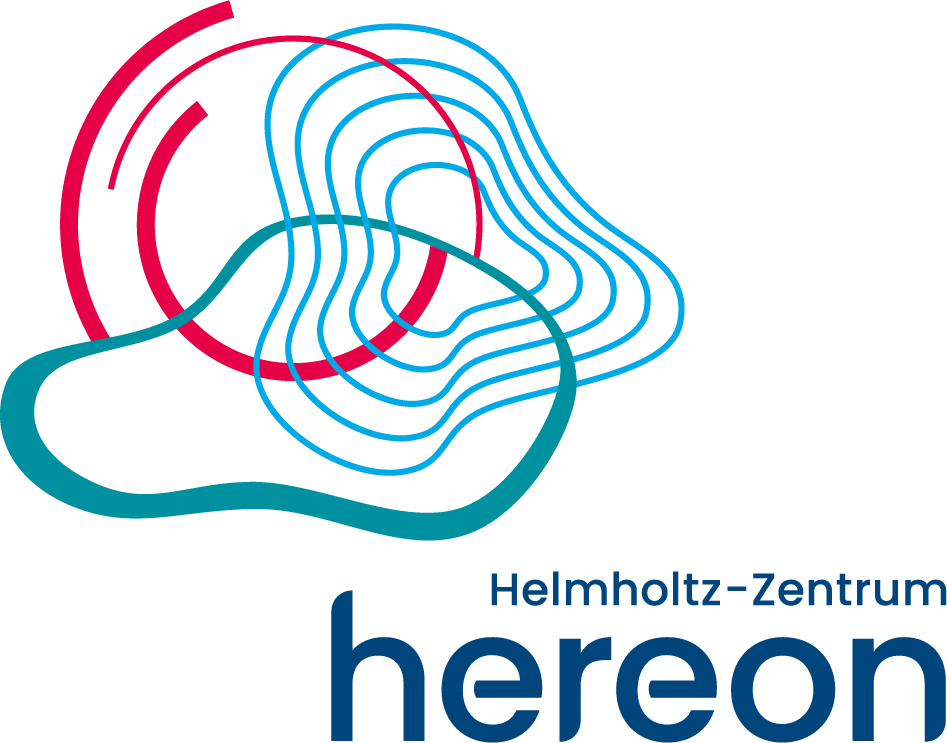MLZ ist eine Kooperation aus:
 > Technische Universität München
> Technische Universität München > Helmholtz-Zentrum Hereon
> Helmholtz-Zentrum Hereon
 > Forschungszentrum Jülich
> Forschungszentrum Jülich
MLZ ist Mitglied in:
 > LENS
> LENS > ERF-AISBL
> ERF-AISBL
MLZ in den sozialen Medien:

MLZ
Lichtenbergstr.1
85748 Garching
Not just another furnace – a commercial dilatometer for thermo-mechanical in-situ experiments at beamlines
The knowledge about microstructural changes and materials behaviour under thermo-mechanical treatments is essential for the development of new materials and industrial processes. Scattering techniques, using neutrons and photons, significantly expand the range of analytical methods beyond classical metallography. Especially time-resolved in situ experiments provide direct and unique insights into microstructural processes like, e.g., phase transformations. Historically, different furnaces and load frames as well as load frames equipped with heating devices have been used for this purpose and sophisticated solutions have been developed.
However, for a long time the possibility of rapid cooling of samples in such furnaces had been neglected. But industrial processes often include quenching steps where cooling rates occurring in oil or water quenching are involved. In many industrial laboratories, quenching and deformation dilatometers are used for performing thermo-mechanical treatments. Phase transformations occurring in a sample during heating and cooling can be detected via the change in length of a sample. Such dilatometers have been developed for decades and are standard equipment that guarantees efficient and reproducible experiments.
At HZG, such a commercial dilatometer has been modified with entrance and exit windows for use at a high-energy X-ray beamline. Thus, thermal treatments and dilatometry can be performed with simultaneous X-ray diffraction carried out, making use of highly reliable equipment that allows not only fast heating but also fast cooling of samples. Since for contrast reasons some materials can be better studied using neutrons, a new modified dilatometer is being bought for use at SANS-1 and STRESS-SPEC at MLZ. Research examples with synchrotron measurements will be presented and the potential for use at neutron instruments will be discussed.
Seminar: Neutronen in Forschung und Industrie
| Datum | 27.03.2017 |
| Uhrzeit | 14:30 - 15:30 Uhr |
| Ort | Garching, Deutschland |
| Raum | HS3, Physik-Department |
| Sprecher | Peter Staron (Institute of Materials Science, Helmholtz-Zentrum Geesthacht) |
| Veranstalter | MLZ, TUM |
MLZ ist eine Kooperation aus:
 > Technische Universität München
> Technische Universität München > Helmholtz-Zentrum Hereon
> Helmholtz-Zentrum Hereon
 > Forschungszentrum Jülich
> Forschungszentrum Jülich
MLZ ist Mitglied in:
 > LENS
> LENS > ERF-AISBL
> ERF-AISBL
MLZ in den sozialen Medien:



